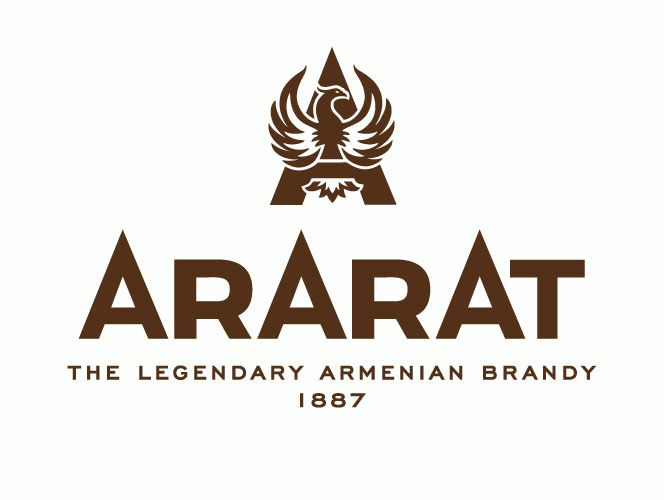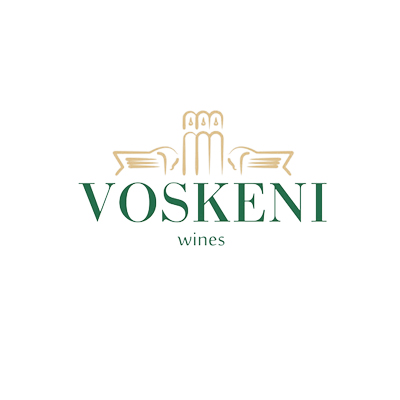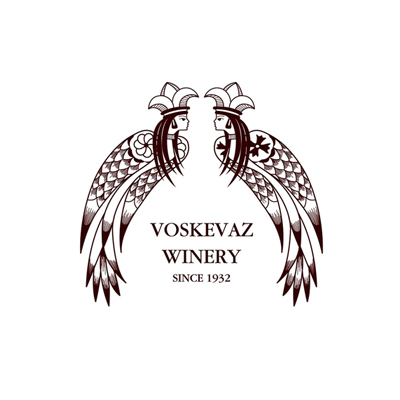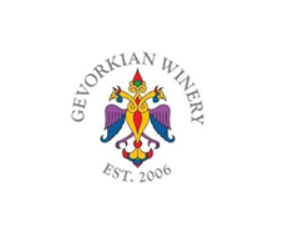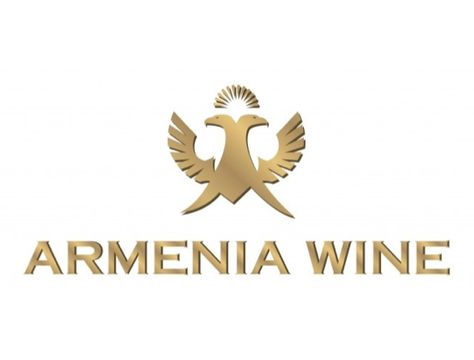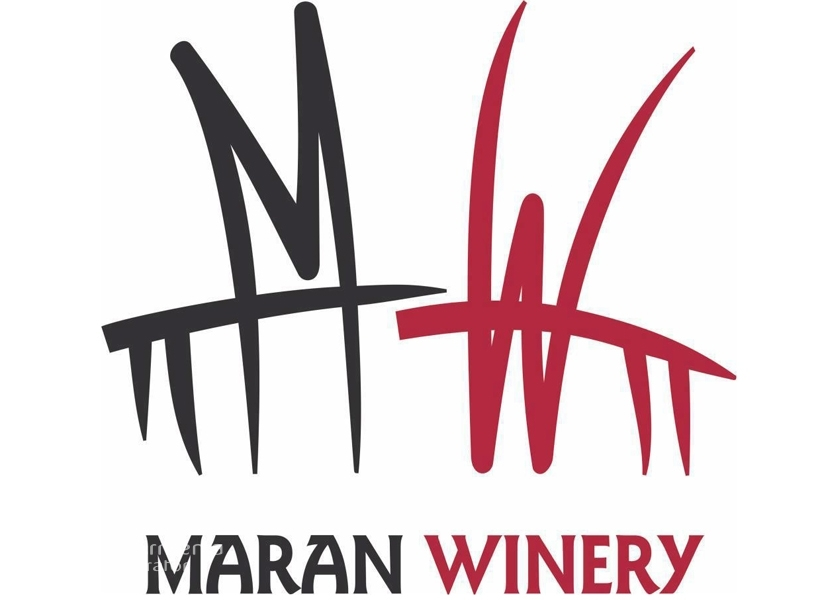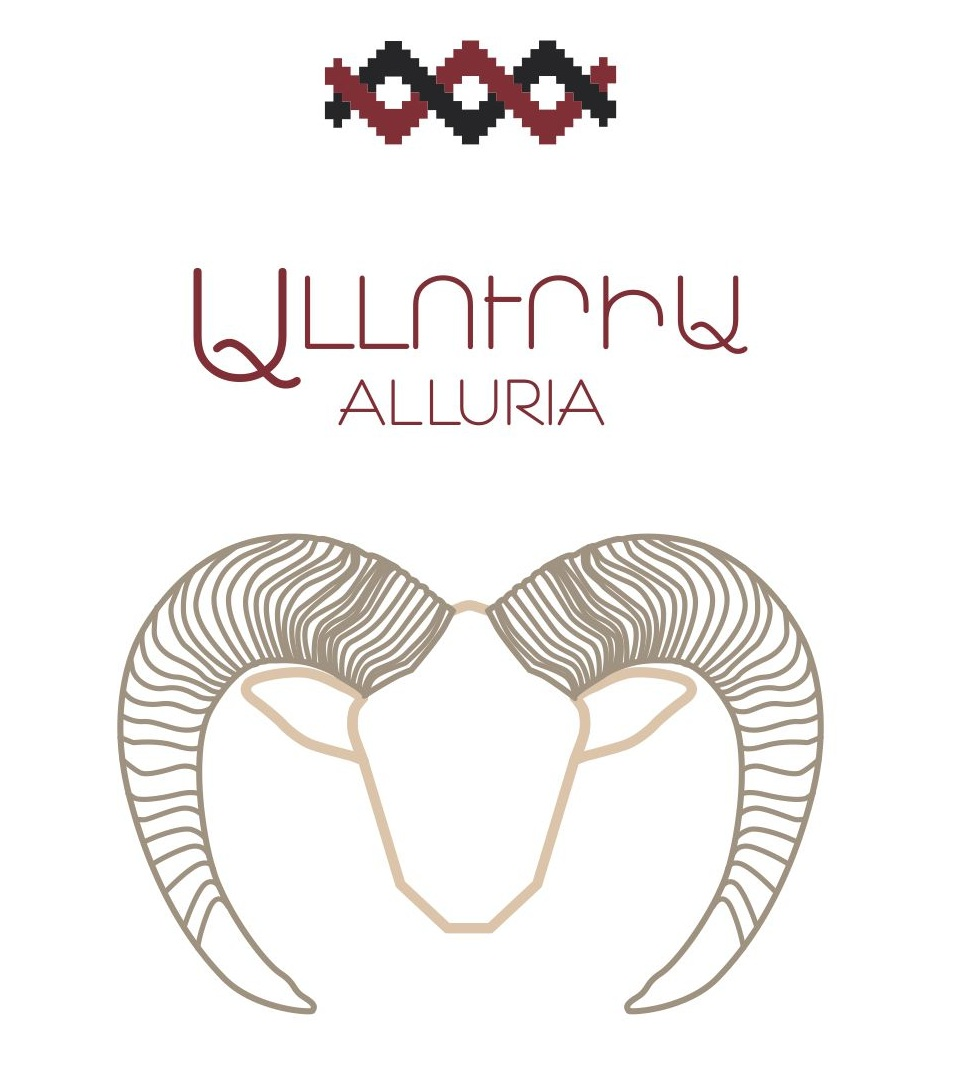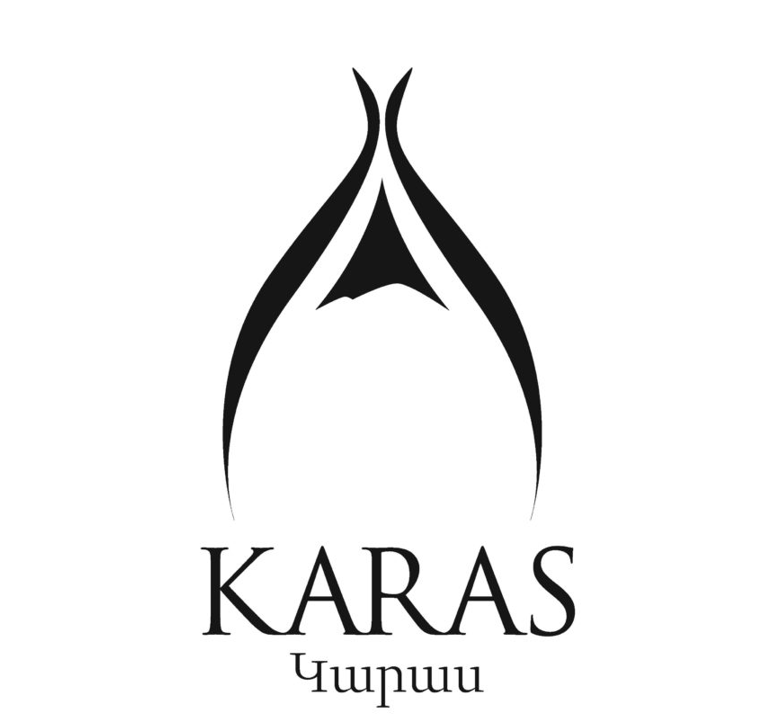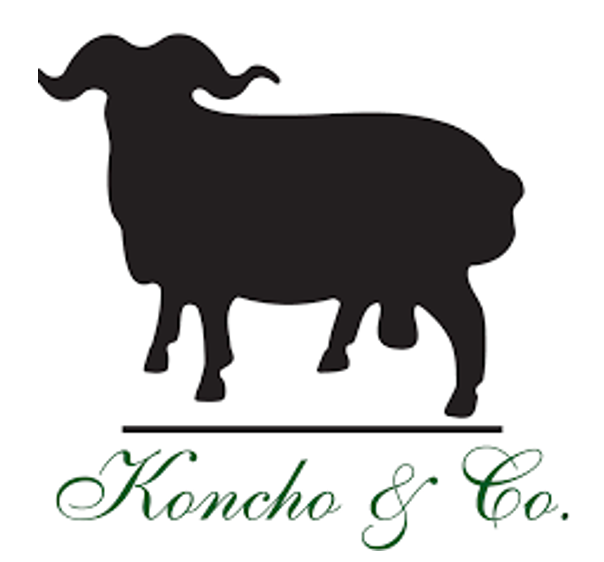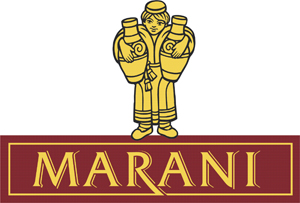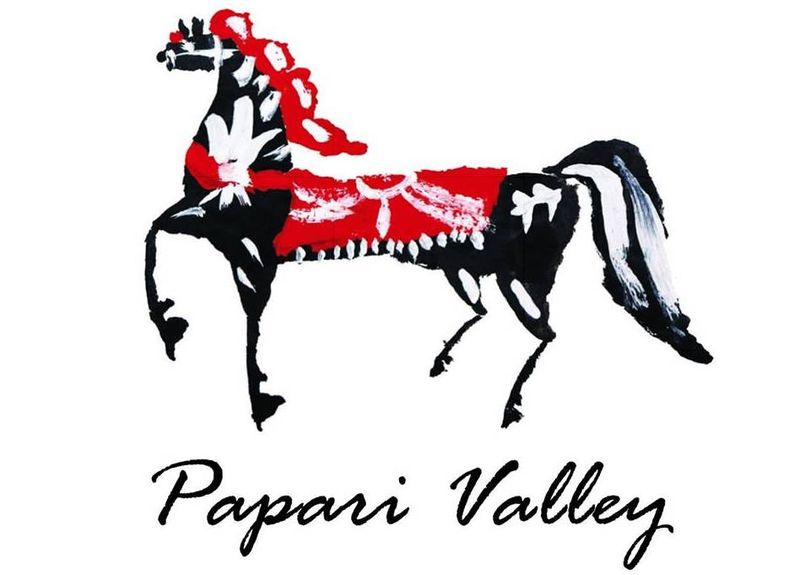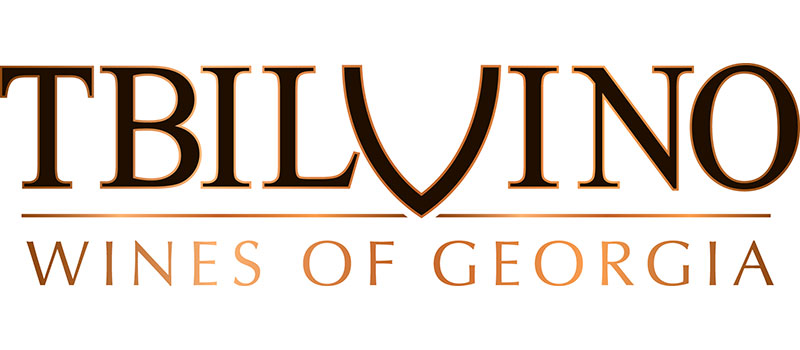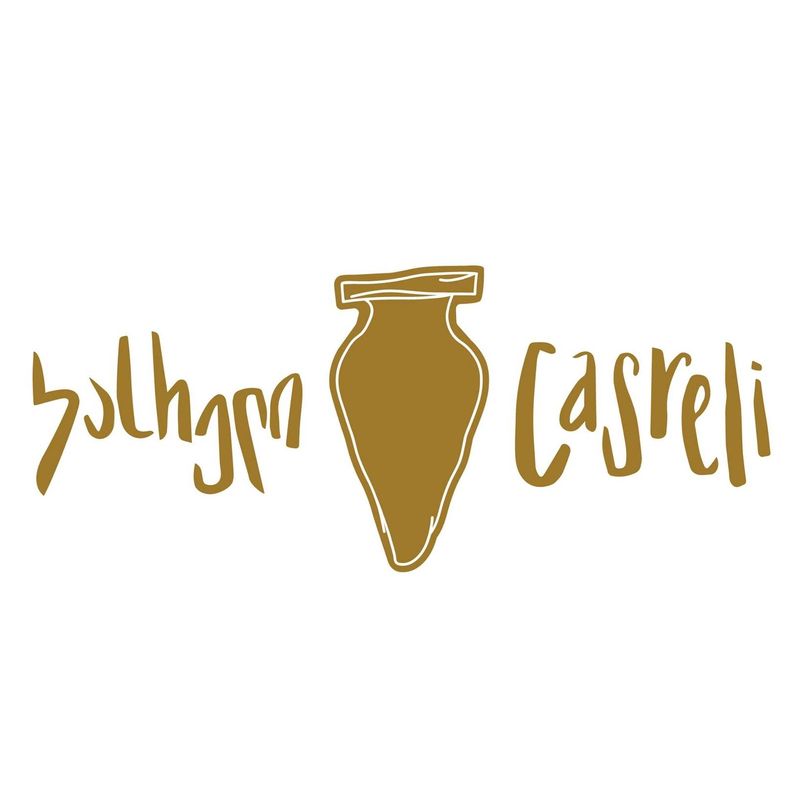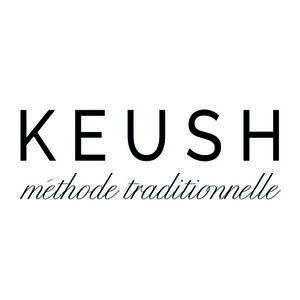Description
Viticulture
Viticulture is not new in Lebanon, in the Beeka Valley. A wine press was found there from the Bronze Age. (The Phoenicians were active here). The famous Bacchus temple in Baalbek testifies that the Romans also made wine there. The Beeka valley is ideal for grape growing. The valley is about eight kilometers wide and lies between two mountain ranges at an altitude of about a thousand meters. The climate is exceptionally warm. Fortunately, the height ensures a strong night-time cooling. As a result, the fruity aromas are preserved in the grapes. Thanks to snow from the mountains, enough water flows in the Valley. The subsoil consists of a mixture of loam, pebbles and gray limestone. The microclimate is so ideal that the vines usually remain very healthy. The ongoing war violence in this region is a negative factor. But despite that, they have always continued to make wine. Only in the years 1976 and 1984 no wine was made because of the war. The grapes had to be transported across the line of fire over a distance of just under 100 km to the winery just north of Beirut. After more than a thousand years of alcoholic prohibition as a result of Islam, the Jesuits started viticulture again in 1857. In 1930, Gaston Hochar founded the CHATEAU MUSAR wine company. Lebanon was then still under French mandate. He sourced his grapes from the Beeka Valley and built a winery and cellar on the west side of the mountain in Lebanon in Ghazir, just north of Beirut. French professors advised him on the organization of his wine company.







